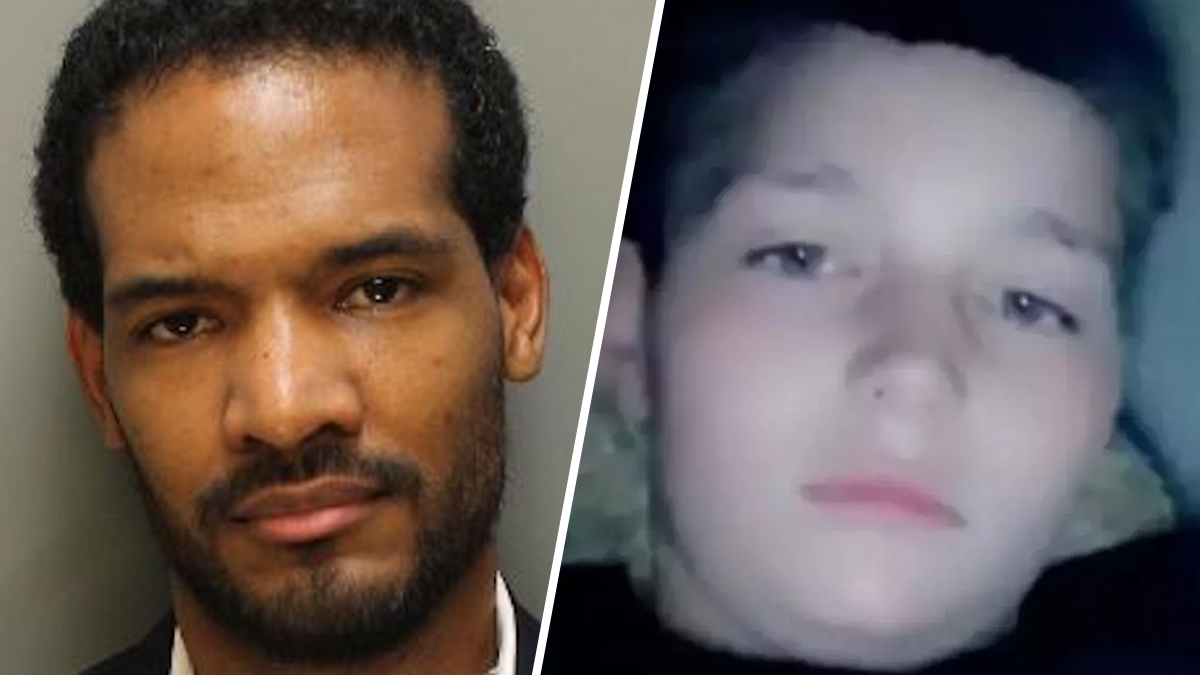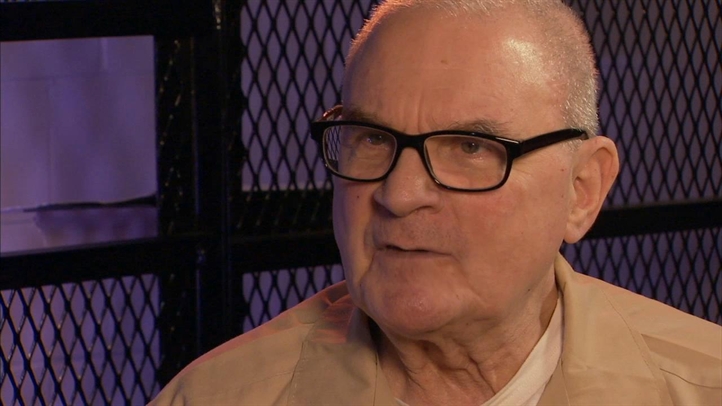A professor who specializes in political communication gave low grades Friday to the 2012 multimedia campaign to educate Pennsylvania voters about the state's new voter-identification law as part of a court trial on its constitutionality.
Diana Mutz, a faculty member at the University of Pennsylvania and its Annenberg School for Communication, said the centerpiece of the campaign _ TV ads in which people holding up photo ID cards urged voters to "show it'' _seemed confusing.
"It wasn't always clear what `it' was,'' said Mutz, the author of several books, who testified as an expert witness on behalf of plaintiffs who sued the state in an attempt to overturn the yet-to-be-enforced March 2012 law.
The "show it'' slogan, which was also incorporated in radio and print ads, also provided little guidance to voters who lacked a Pennsylvania drivers' license or other acceptable IDs.
"To say `show it' presumes you have it,'' she said.
Her testimony wrapped up the first week of the trial in Commonwealth Court.
Testifying in court a day earlier, a top state official had boasted that the $5 million, federally funded voter-outreach initiatives was more expansive than similar efforts by other states. Deputy Secretary of State Shannon Royer touted it as a success, even though enforcement of the law was blocked by the court in the presidential election and the May primary, and details of the ID system were in flux for much of last year.
Local
Breaking news and the stories that matter to your neighborhood.
"The magnitude of what we did ... far exceeds the size and scope of what any other state has done,'' Royer said Thursday.
Nils Frederiksen, spokesman for the state's legal team, noted that postcards containing detailed information about what IDs are acceptable were mailed to every household in the state.
Also, regular voters are already familiar with the process because local election officials have been required to go through the exercise of asking for photo IDs _ even though courts had blocked the requirement to actually show ID _ in the three elections held since the 2012 primary, Frederiksen said.
Mutz criticized state officials failure to solicit meaningful voter feedback through focus groups or similar contacts, and said that made it impossible to gauge the campaign's effectiveness in telling people about the law and ensuring that those who lacked acceptable ID knew how they could get it.
She also questioned officials' decision not to emphasize changes made last September in an effort to simplify the process for obtaining a free Department of State photo ID that is for voting purposes only.
The changes removed a requirement that people without other acceptable IDs must apply for a PennDOT card before they could qualify for the Department of State card. Now, registered voters can qualify by providing only their name, address including county, at least the last four digits of their Social Security number and their date of birth. The Department of State cards are still issued by PennDOT.
"There was never any effort to go back and tell people, `it's a new ballgame,''' Mutz said.
The law was approved by Republicans who control the Legislature, without any Democratic votes, and signed by Republican Gov. Tom Corbett amid a hotly contested presidential campaign. Democrats labeled the law a cynical attempt to discourage voting by older people, young people, minorities and other Democratic-leaning groups. Republicans cast it as a common-sense precaution against voter fraud, even Corbett administration officials have acknowledged they cannot point to any cases of voter impersonation.
The second week of the trial was scheduled to begin Monday.



